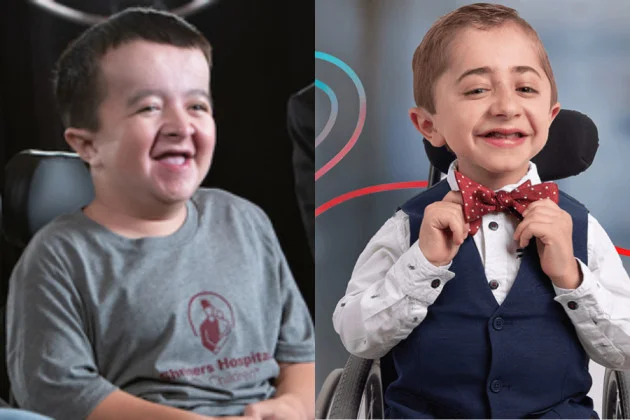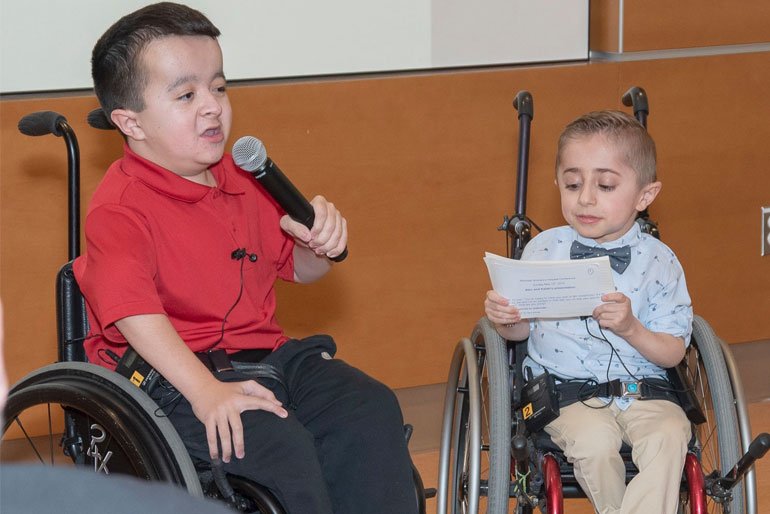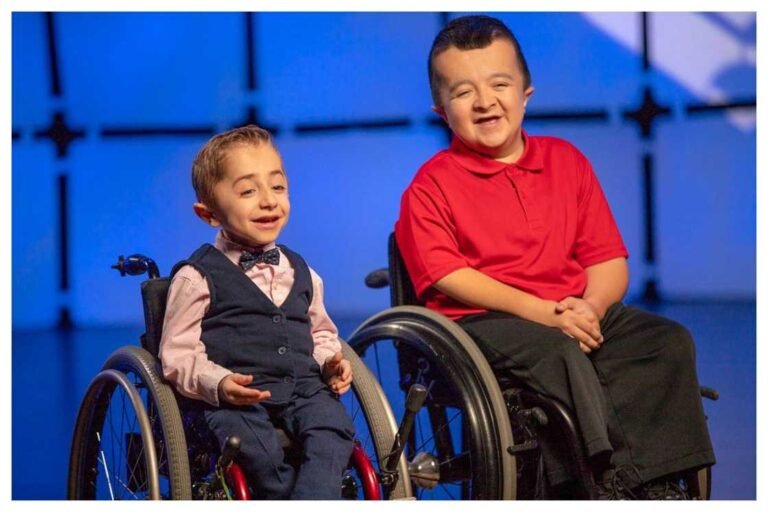Do Alec and Kaleb get paid for commercials? This is a common question asked by viewers who have seen their heartfelt appearances in national advertisements. The curiosity comes from the fact that the two brothers are not only actors but also young individuals representing an important cause. Because of that, people often wonder if their work in commercials is voluntary or professionally compensated.
In this blog post, we will explore how commercial actors are usually paid, what makes Alec and Kaleb special, and why the question about their earnings matters. Along the way, you will also learn more about child actor payments, advertising industry standards, and the balance between exposure, advocacy, and financial fairness.
Why People Ask: Do Alec and Kaleb Get Paid for Commercials?
The reason so many people ask, “Do Alec and Kaleb get paid for commercials?” is because their story touches millions of hearts. These commercials are not only entertainment but also powerful messages that bring awareness. Their natural charisma and authenticity make audiences wonder if their participation is voluntary or professional.
In fact, whenever child actors appear in major campaigns, the public immediately thinks about compensation. Many parents and families want to know if children in these roles are fairly rewarded for their time and efforts.
How Commercial Payments Usually Work
To understand the bigger picture behind the question “Do Alec and Kaleb get paid for commercials?”, it is helpful to know how payment structures in advertising work. Commercial actors are typically paid in several ways. They may receive:
- Flat Fees: A one-time payment for appearing in the ad.
- Residuals: Ongoing payments each time the commercial airs.
- Union Rates: If the ad is covered by actor unions, strict rules determine minimum pay.
This system ensures that people who contribute to advertising campaigns are not working for free, especially when the ads reach national or even global audiences.
Child Actors and Payment Rules

Another important layer in answering “Do Alec and Kaleb get paid for commercials?” is child labor laws. In the United States, child actors are protected under specific guidelines that ensure they receive compensation. Their money is often placed into special accounts known as Coogan Accounts, which preserve earnings until they are older.
Because Alec and Kaleb are minors, it is almost certain that they fall under these protections. Therefore, the question of payment is not only about fairness but also about legal requirements.
The Unique Case of Alec and Kaleb
So, do Alec and Kaleb get paid for commercials specifically? While no official financial details are made public, the industry standard suggests that they likely receive some form of compensation. At the same time, their roles are more than just acting jobs. Their commercials highlight causes that inspire and educate viewers.
This mix of advocacy and performance is rare. It adds a deeper emotional dimension to their work and explains why audiences want to know the truth behind their involvement.
Why Fair Payment Matters
When people ask “Do Alec and Kaleb get paid for commercials?”, they are also asking a larger ethical question. Children who dedicate time to appear in national campaigns should be supported, both financially and emotionally. Fair payment:
- Validates their contribution.
- Helps fund their personal needs and future education.
- Ensures they are treated with the same respect as adult actors.
Payment is not only about money; it is about dignity and recognition.
Do Alec and Kaleb Get Paid for Commercials in Advocacy Campaigns?
It is important to remember that not every commercial works like a Hollywood ad. Advocacy campaigns, which highlight important causes, may have different arrangements. In some cases, families may agree to smaller payments or symbolic compensation, prioritizing the message over profit.
However, laws still require that children in commercials receive at least a basic level of pay. That means Alec and Kaleb most likely benefit from both exposure and earnings.
Behind the Scenes: Life as Child Commercial Stars

Do Alec and Kaleb get paid for commercials is only one part of the story. Behind the cameras, their daily lives still involve school, hobbies, and spending time with family. Commercial filming days can be long and tiring, but they are usually balanced with breaks, tutoring sessions, and fun moments.
The industry has strict rules about how long children can work, ensuring they do not face overwhelming stress. Payment is one side of the coin, while proper treatment is the other.
Audience Impact and Emotional Connection
Another reason why people keep asking “Do Alec and Kaleb get paid for commercials?” is because their presence is so memorable. Many viewers report feeling deeply moved by their smiles, words, and energy. This emotional impact creates a sense of connection. When audiences feel connected, they want to make sure the children they care about are treated fairly.
That human instinct for fairness and empathy is what makes this topic so powerful.
Comparisons with Other Child Actors
Looking at other child actors helps answer the question “Do Alec and Kaleb get paid for commercials?” Historically, children in commercials have always been compensated. From iconic cereal ads to modern campaigns, families expect payment for their children’s time.
If Alec and Kaleb were not being paid, it would break a long tradition of fair compensation. That is why the safer assumption is that they are indeed rewarded financially, even if details remain private.
Legal Protections Guarantee Payment
When asking “Do Alec and Kaleb get paid for commercials?”, remember that the law is on their side. Child performers cannot legally work for free in professional advertising. States enforce strict child labor laws, and companies must comply.
This means that while the amount may vary, some form of payment is guaranteed. The mystery is not about whether they are paid, but rather how much and under what structure.
Balancing Fame, Advocacy, and Childhood
Payment aside, the real challenge for Alec and Kaleb is balancing their early fame with everyday childhood experiences. Too much pressure can harm a child’s growth. Parents, agencies, and advertisers must ensure the boys enjoy their lives beyond the spotlight.
This is another reason why fair compensation matters—it provides resources that support their personal development, health, and happiness.
What the Question Really Means
When fans ask “Do Alec and Kaleb get paid for commercials?”, they are often expressing admiration rather than suspicion. They want reassurance that the children they admire are not being taken advantage of. It reflects genuine care, which shows the positive influence Alec and Kaleb have on society.
The Bigger Picture: Commercials as Platforms
Commercials featuring Alec and Kaleb are not ordinary ads. They act as platforms that raise awareness and promote hope. Payment is important, but the larger mission is even more inspiring. Their work combines professional standards with personal storytelling, proving that commercials can be both emotional and meaningful.
Read more: Berniece Julien – The Life, Career, and Lesser-Known Facts About the Influential Businesswoman
FAQ Section
Yes, Alec and Kaleb most likely get paid for commercials. Child labor laws and advertising industry standards ensure that young actors receive fair compensation.
They are usually paid through flat fees or residuals. In many cases, money is placed in special accounts for their future.
Because their story is inspiring, many viewers wonder if their involvement is voluntary or professional. People want to make sure they are treated fairly.
No, it is not legal. Child labor laws guarantee payment and protection for young performers.
Yes, besides earnings, they gain exposure, opportunities, and the chance to share an important message with millions of people.
Conclusion
So, do Alec and Kaleb get paid for commercials? The answer is almost certainly yes. Like other child actors, they are legally protected and deserve fair treatment. While payment details remain private, there is no doubt that their contributions are recognized both financially and emotionally.
Their story is a reminder that commercials are not just about selling products—they are about sharing hope, connecting with audiences, and ensuring young performers are valued.
